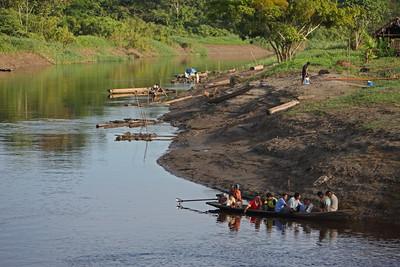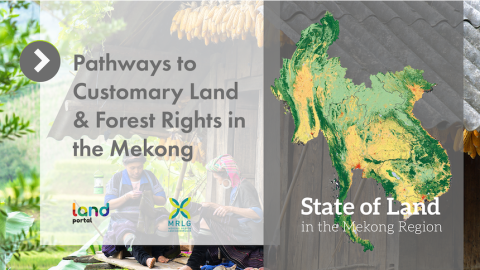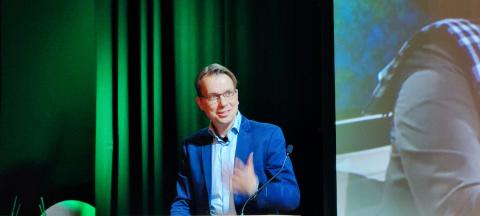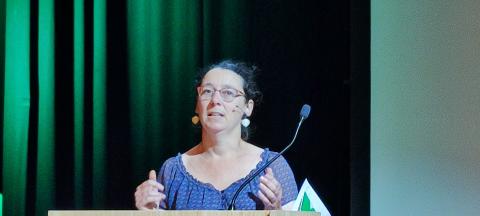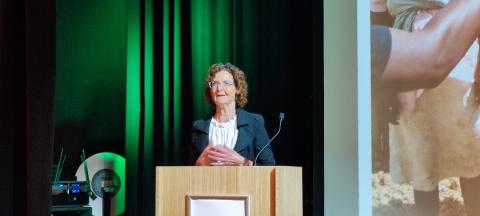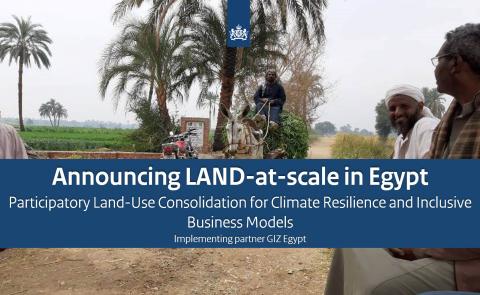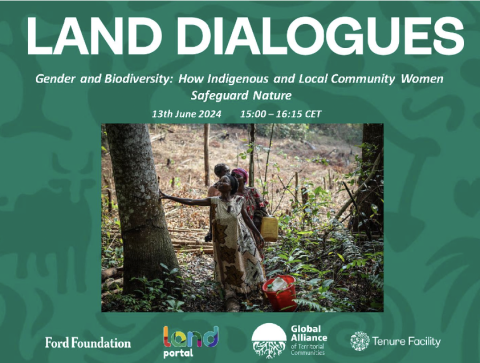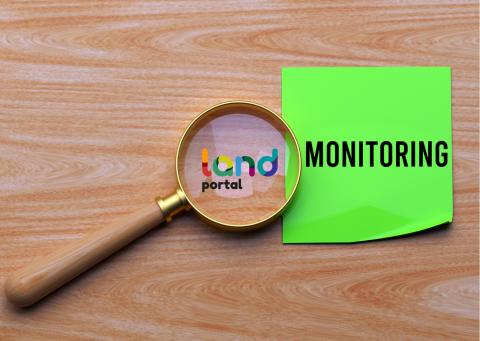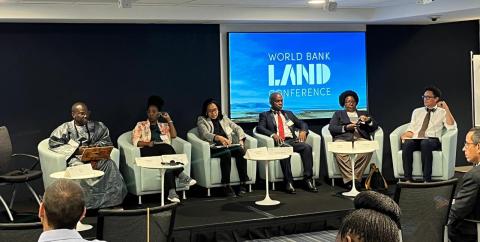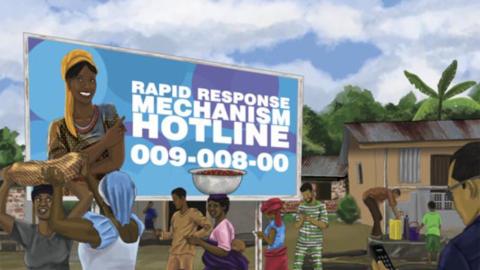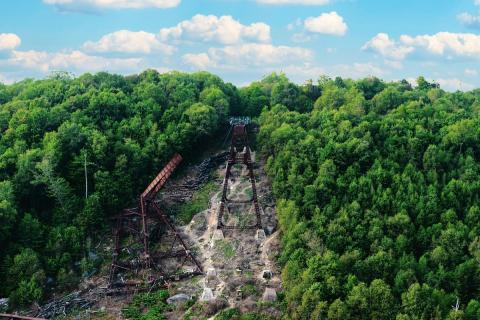Discover hidden stories and unheard voices on land governance issues from around the world. This is where the Land Portal community shares activities, experiences, challenges and successes.
 Follow our
Follow our
Sustainable Development Goals
Blog Series!
Interested in land corruption?
Follow our Land & Corruption Blog Series
for in-depth perspectives from the experts.
Issues
Geographical focus
Por: Juana Delgado
Blog publicado originalmente en Common Dreams
The webinar “Pathways to Customary Land & Forest Rights in the Mekong” took place on July 2nd, 2024. This was the second webinar in the series ‘State of Land in the Mekong region’ which aims to highlight the evolving environment of land governance in this dynamic region, including Cambodia, Lao PDR, Myanmar and Vietnam. The webinar attracted 240 participants and featured experts from the Mekong region.
In his keynote speech during the opening plenary session of the the IOS Fair Transitions - LANDac Conference & Summit: Land governance and the politics of fair transitions: Deepening the search for social justice on 3 July, 2024, Bram Büscher, Professor and Chair of the Sociology of Development and Change group at Wageningen University, poses a challenge to the conference: how to rejuvenate the increasingly lost art of speaking truth to power.
To start with the obvious: in this day and age any thought of deepening social justice seems like a difficult proposition.
In her keynote speech during the opening plenary session of the the IOS Fair Transitions - LANDac Conference & Summit: Land governance and the politics of fair transitions: Deepening the search for social justice on 3 July, 2024, Morgan Ody, General Coordinator of La Via Campesina and a small-scale vegetable farmer in Brittany, France, describes how power has always been disputed for the last five centuries, and how peasants and indigenous peoples all over the world challenge the powerful.
In her keynote speech during the opening plenary session of the the IOS Fair Transitions - LANDac Conference & Summit: Land governance and the politics of fair transitions: Deepening the search for social justice on 3 July, 2024, Professor Frances Cleaver, Chair in Political Ecology at Lancaster University, argues that in aiming to deepen social justice in green transformations, we should pay renewed attention to the institutions of collective action at a very local level, especially peasant associations, irrigation groups, women's groups, indigenous people’s groups, producer associati
The Netherlands Enterprise Agency (RVO) is delighted to announce that LAND-at-scale has recently started in Egypt, being integrated into the broader Agricultural Innovation Project (AIP phase II) implemented by GIZ Egypt, co-financed by Federal Ministry for Economic Cooperation and Development (BMZ) and
Under the umbrella of the Land Dialogues series, the first webinar of this year’s series “Gender and Biodiversity : How Indigenous and Local Community Women Safeguard Nature” took place on June 13th, 2024. The webinar drew in a little over 300 participants and featured Indigenous and local community leaders from around the world. The series is organized by a consortium of organizations, including the Land Portal Foundation, the Ford Foundation and the Tenure Facility and this particular webinar was organized in collaboration with the GATC.
Chris Addison is a senior digitalisation specialist who has worked on digitalisation for the agriculture industry for over 20 years across Africa, Latin America and the Caribbean and the Pacific. He served as a member of the Land Portal board from 2020 to 2023. His work can be found here.
We often ask for feedback from you. Knowing this takes time, effort, and thought, we are grateful that so many of you do it. We want you to know that we read and hear every single person’s comments. We implement a fairly dynamic feedback loop, but just in case you have wondered how Land Portal uses data and users’ feedback to make a real difference, here is a comprehensive look at our rigorous and participatory monitoring and evaluation (M&E) system.
After a four-year hiatus, the World Bank Land Conference took place again in Washington, D.C. this May, convening one thousand government, civil society, and land stakeholders in person and thousands more online. The theme of the 2024 conference was "Securing Land Tenure and Access for Climate Action," an exciting and meaningful frame for discussing an issue near to our hearts – open access to land information.
Rapid response mechanisms (RRMs) are a new, proactive legal approach designed to provide legal and technical support to communities facing nascent conflicts related to land-based investments. RRMs provide preventative rather than reactive legal help the moment a conflict arises or community members’ rights are threatened, rather than trying to reverse rights violations once they have already occurred.
Photo: A train traveling through a lush green forest by Ally Griffin (Unsplash License).
By Alice Stevens & Anoukh de Soysa

